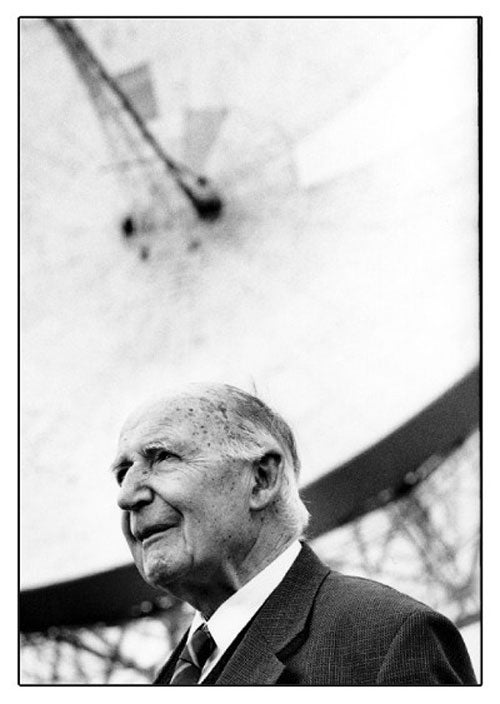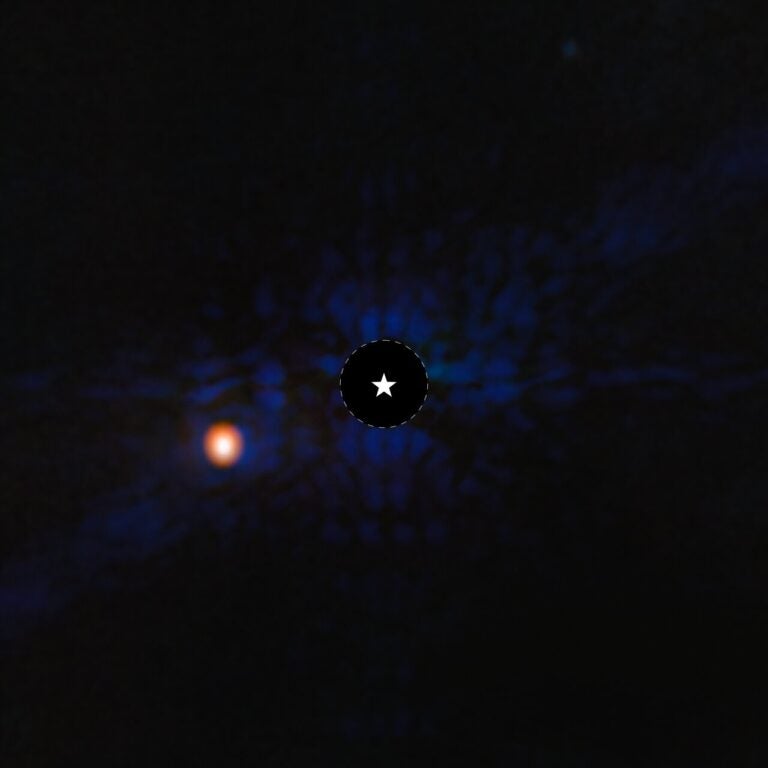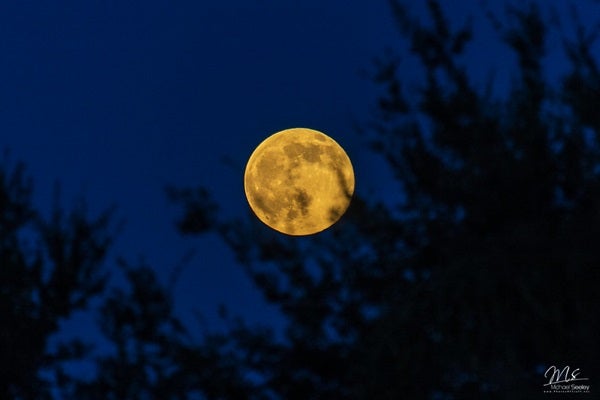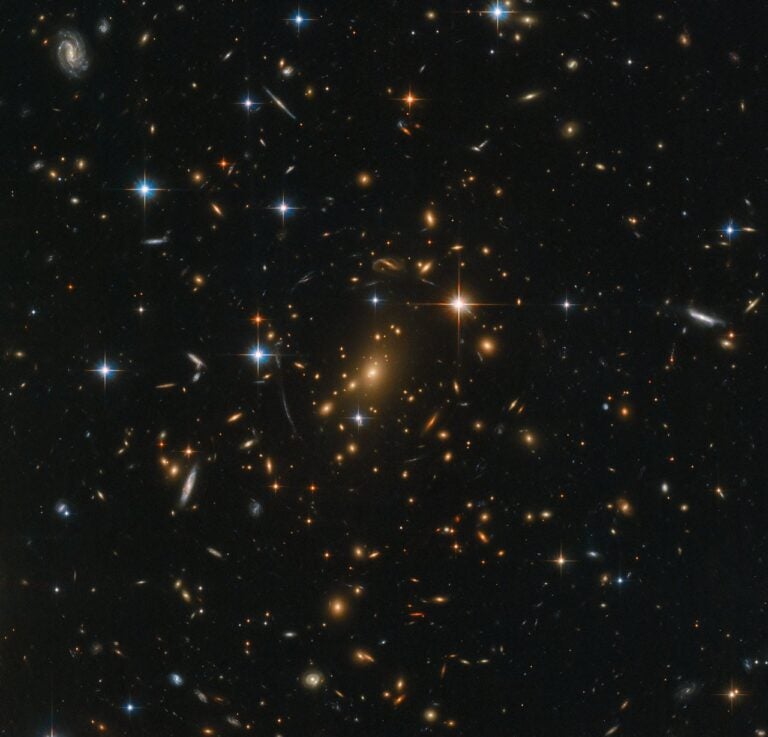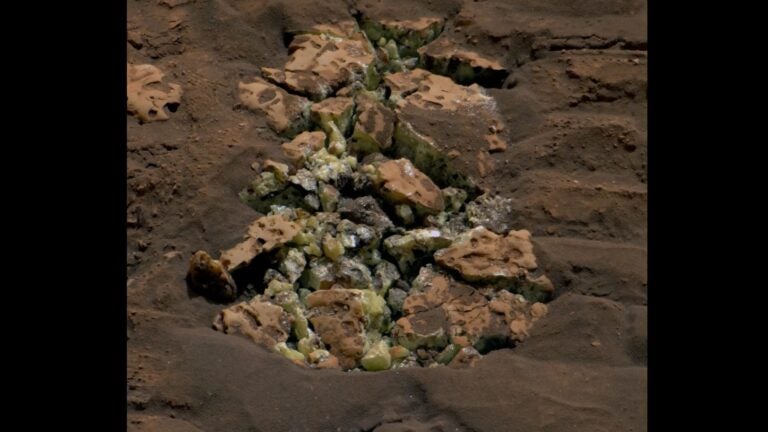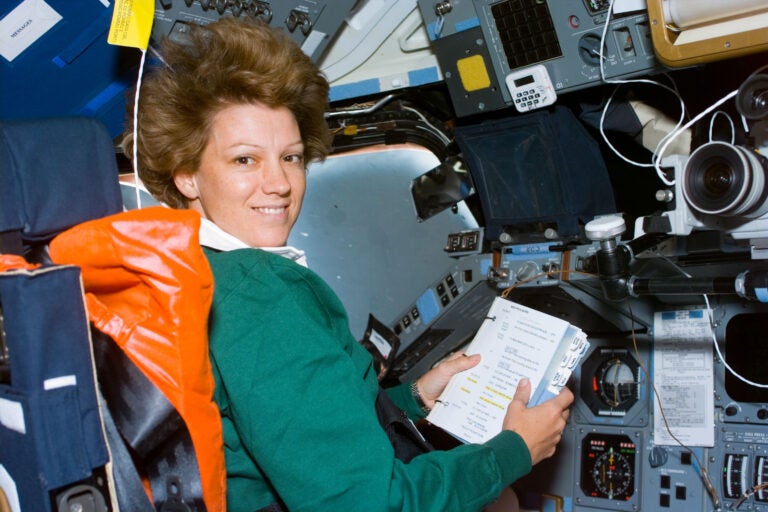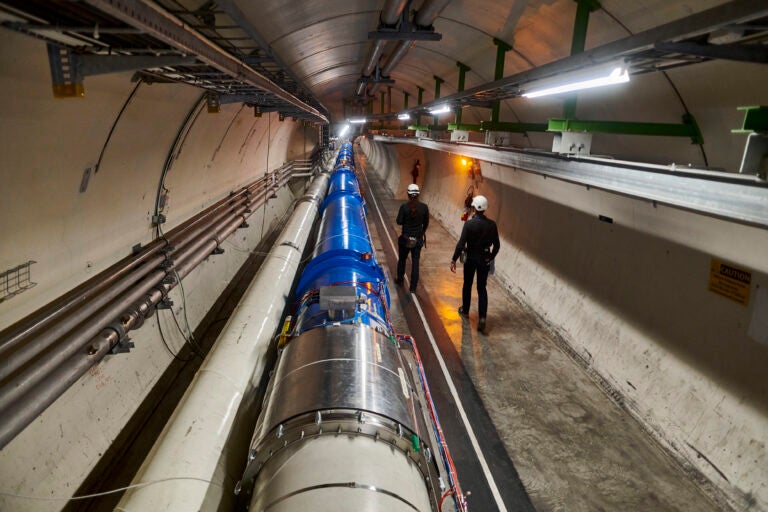Lovell, emeritus professor of radioastronomy, was the founder and first director of the University of Manchester’s Jodrell Bank Observatory in Cheshire, England.
Born in 1913 in Oldland Common, Gloucestershire, Lovell studied at the University of Bristol before coming to Manchester to work in the department of physics in 1936. During the World War II, Lovell led the team that developed H2S radar, work for which he was later awarded the OBE.
Lovell returned to the Manchester physics department in 1945 and began work on cosmic rays using ex-military radar equipment. He brought this equipment to a university botany site at Jodrell Bank in late 1945, founding the world-famous observatory that now exists there.
The 76-meter Lovell Telescope dominates Jodrell Bank. Lovell worked with engineer Sir Charles Husband to build the telescope, which has become an icon of British science and engineering and a landmark in the Cheshire countryside.
A hugely ambitious project, the telescope was by far the world’s largest when it was completed in 1957, and within days, it tracked the rocket that carried Sputnik 1 into orbit, marking the dawn of the Space Age. It is still the third-largest steerable telescope in the world, and a series of upgrades mean it is now more capable than ever.
Today, the Lovell Telescope plays a key role in world-leading research on pulsars, testing our understanding of extreme physics, including Einstein’s general theory of relativity.
In 2011, the Jodrell Bank Observatory was placed on the British government’s shortlist for World Heritage Site status, recognizing its unique role in the development of our understanding of the universe.
The observatory continues to play a major role in astronomical research. It is now home to the e-MERLIN array of seven radio telescopes spread across the United Kingdom. Based on the techniques of linking telescopes over long distances, pioneered by the team Lovell assembled at Jodrell Bank, the network is now connected by a high-speed optical fiber network, making it one of the most powerful telescope arrays in the world.
Later this year, the international headquarters of the SKA Organization will move to Jodrell Bank. The Square Kilometer Array (SKA) will be the world’s largest telescope. Combining thousands of dishes and other receivers spread across thousands of kilometers, the SKA itself will be located in Africa and Australia.
Over the last seven decades, many hundreds of scientists and engineers have worked and trained at Jodrell Bank, often going on to work at other observatories across the world. Jodrell Bank also has inspired generations of schoolchildren who have visited the observatory to pursue careers in science, engineering, and medicine.
In person, Lovell was warm and generous. He is survived by four of his five children, fourteen grandchildren, and fourteen great-grandchildren. He retained a keen interest in the development of science at Jodrell Bank and beyond. Indeed, he continued to come in to work at the observatory until quite recently when ill health intervened. Outside the world of science, he was an accomplished musician, playing the organ at the Swettenham Church for many years. He was also a keen cricketer, captain of the Chelford Cricket Club and past president of the Lancashire County Cricket Club. He was also renowned internationally for his passion for arboriculture, creating arboretums at both The Quinta and Jodrell Bank itself.
Lovell’s legacy is immense, extending from his wartime work to his pioneering contributions to radio astronomy and including his dedication to education and public engagement with scientific research. A great man, he will be sorely missed.

